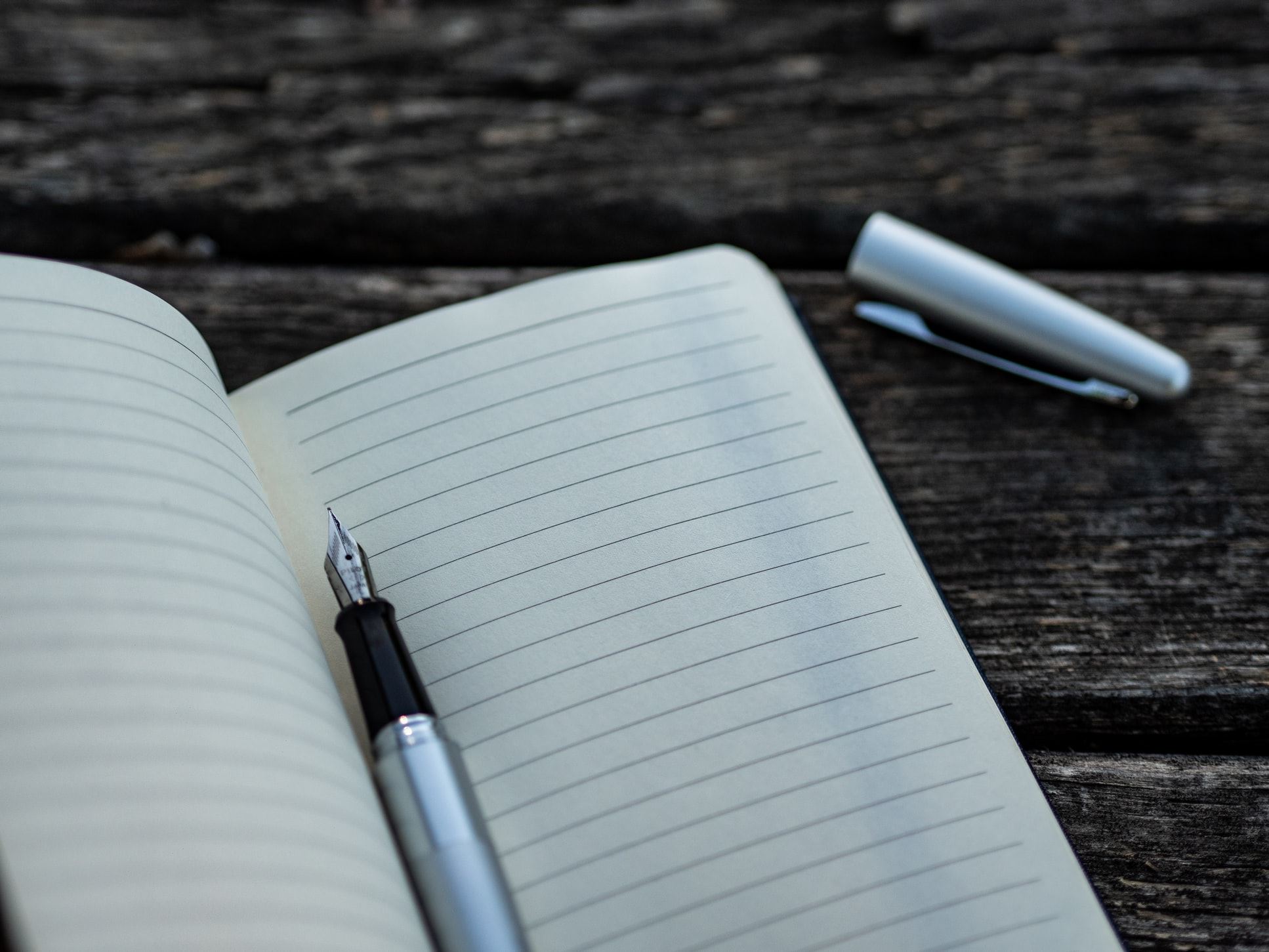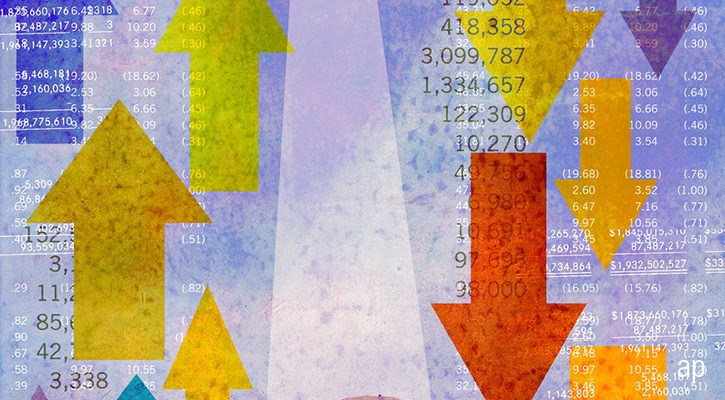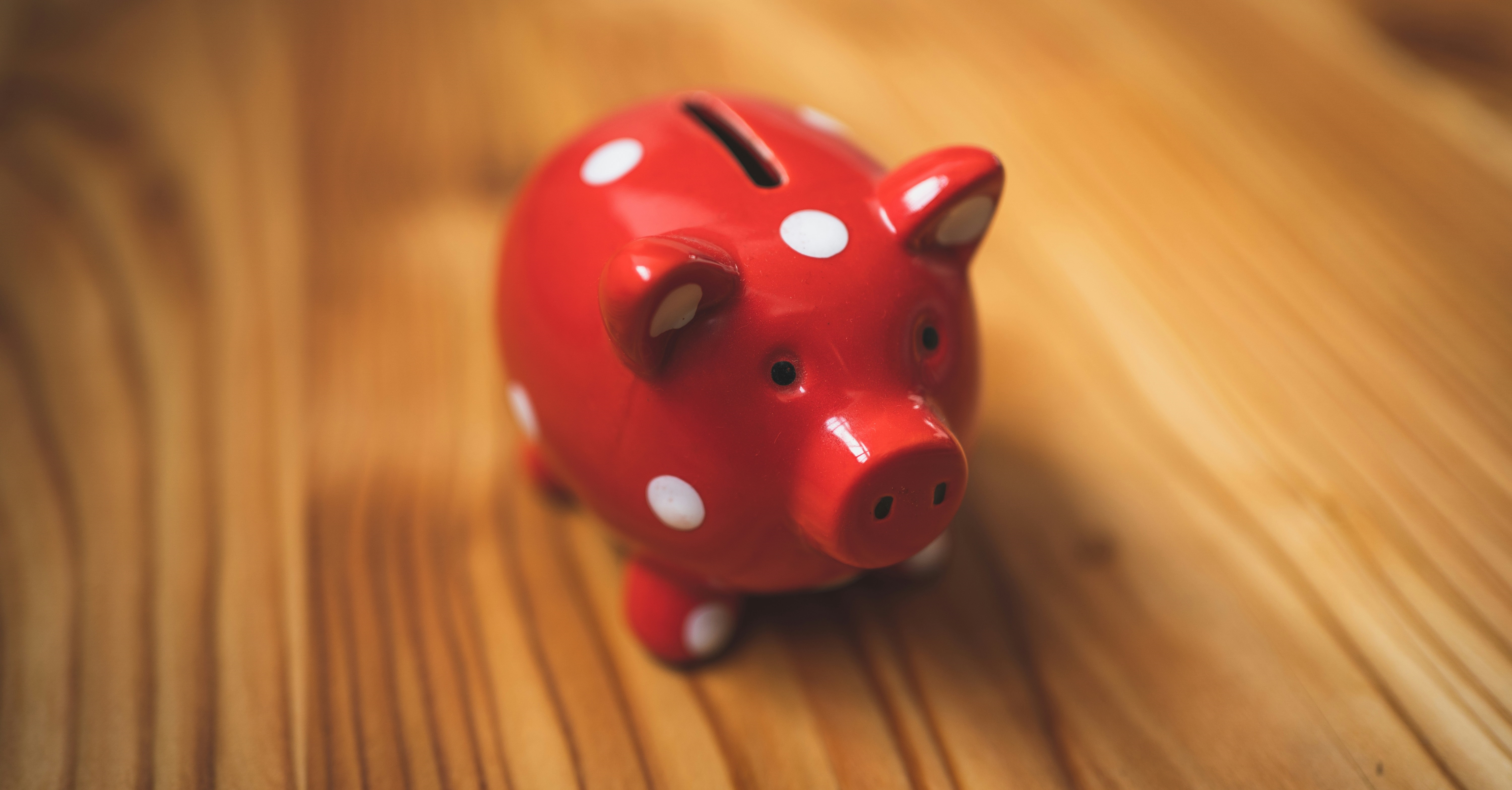
The sooner you start saving, the better. In our ‘Ask the Expert’ series, we invited our readers to send in questions. The questions are screened and anonymized. Today, we are focused on questions from younger readers. Nicholas Hui is an advice-only financial planner and money coach at Vave Financial.
Question: I don’t have a job yet. Can I start an RRSP?
Answer: If you have RRSP contribution room, you can start an RRSP at any age. Although you can start an RRSP, the question is, should you? Although it is a good habit to start saving and investing early, it is likely better off to invest within a TFSA when you are starting your career. Investing in RRSPs creates a tax deduction, which can save you taxes on your income but your space may be better used when your career gets going and you are hopefully in a higher tax bracket. Besides, if you think you will need the money in the short term (for example like rent or a car payment), RRSPs can be quite restrictive. Any withdrawals will be taxed as income and you will lose that RRSP space for the future.
Question: My teenage daughter is interested in stocks, after all the news on GameStop and TikTok. Can she buy stocks, or mutual funds, and put them into an RRSP?
Answer: Buying individual stocks is quite risky if you don’t know what you’re doing, but if she has RRSPs space, yes she can put them in an RRSP. If she is 18 years old, however, it could be better to use a TFSA and save her RRSP contribution room for when she is hopefully in a higher tax bracket in the future. Also, the TFSA provides more flexibility if she needs the money in the short to medium term (for example like tuition or a car). RRSPs can be restrictive with withdrawals being taxed as income and you would lose that RRSP space for the future.
Question: Is my money Tax-Free in my RRSP?
Answer: No. RRSP withdrawals are taxed as income. You receive a tax deduction when you contribute to your RRSPs but when you withdraw, the withdrawals are taxed as income. RRSPs are great if you are in a higher tax bracket when you contribute in your working years and are then in a lower tax bracket in retirement. There must be some careful thought and planning, however, in projecting your future retirement income as there are many cases where one’s retirement income is actually higher than income in contributing years. Factors that can cause higher retirement income in the future include part-time work, pensions, CPP, and minimum RRIF withdrawals (having too big of an RRSP/RRIF).
Question: How can I make the best use of the Home Buyers Plan?
Answer: The Home Buyers Plan (HBP) is a program through the CRA that allows eligible first-time homebuyers the ability to withdraw up to $35,000 tax-free but with repayments that must be made in installments within 15 years. If you are planning to purchase a home, one strategy is to contribute enough in your RRSP to use the HBP, however, you must be careful as any contributions within 90 days of the withdrawal are not eligible.
Although the HBP program is designed to help Canadians enter the housing market, do consider that pulling from your RRSP is essentially raiding your own retirement funds. If you can afford not to use the HBP, try not to, so that your RRSP has time to grow and you’re not playing catch up on retirement funds in the future.
Do you have a question you'd like to Ask an Expert? Email editor-canada@morningstar.com to have your question answered!









:quality(80)/cloudfront-us-east-1.images.arcpublishing.com/morningstar/OSPGGQHXJVCGLBHR5CUUQWH3NQ.png)










